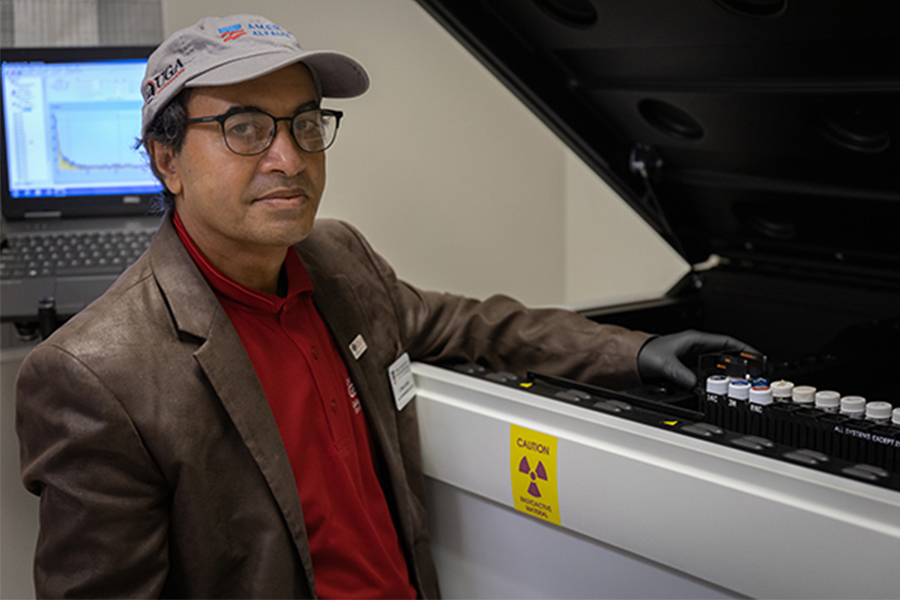Some 37 percent of American 10-to-12-year olds are active members of the social network site Facebook, according to a 2010 study by McAfee. To help Georgia teens stay safe on the Internet, Georgia 4-H specialist Cheryl Varnadoe teaches youths to make wise decisions when posting information to social network sites like Facebook and MySpace.
“Our kids are growing up in public. Youth create lasting records of their lives whenever they post something online,” she said. “In a world where anything can be copied, pasted, altered and distributed in the blink of an eye to a vast invisible audience, kids must understand that they hold the key to what kind of reputation they create for themselves.”
As head of Georgia 4-H’s youth technology team, Varnadoe educates youths across the state on what is appropriate material to post on social networking sites, and what is inappropriate.
“Parents have to help their children learn to think long-term about posting pictures that could eventually come back to haunt them in their future,” Varnadoe said. “The user name ‘Biggreenjawbreaker’ may be cute in grade school but it won't be so adorable at that first job interview.”
To help parents guide their children, Varnadoe offers a few rules of the road for the virtual highway.
Students should never post personal information, such as a cell phone number, address, or the name of their school or school team. Nothing is private online. Anything posted to a social networking site can be copied, pasted and forwarded to others.
“Students should learn to guard their privacy,” she said. “What people know about you is up to you.”
She recommends putting all personal information behind password-protected “walls” where only friends can see it. Protect your reputation. Self-reflect before you self-reveal, Varnadoe said. What’s funny or edgy today could cost you your tomorrow.
Information posted in blogs could also put you at risk of victimization. People looking to harm you could use the information you post to gain your trust. They can also deceive you by pretending to know you.
“Assume everyone is watching. There’s a huge, vast audience out there. If someone is your friend’s friend, they can see everything you post,” she said. Varnadoe also shares the following tips for online safety.
- Students should be warned to never give their password to anyone other than their parent or guardian.
- Only allow people to be your “virtual friends” if you know them in real life.
- Never meet in person with anyone you first met on a social networking site. “Some people may not be who they say they are,” Varnadoe warns. “Think about what you see. Just because something is posted online doesn’t make it true.”
- Think before posting photos. Personal photos should not have revealing information, such as school names or locations. Look closely at the backgrounds of your pictures to make sure you are not giving out any identifying information without realizing it.“The name of a mall, the license plate of your car, signs, or the name of your sports team on your jersey or clothing all contain information that can give your location away,” she said. “It is also a good idea to blur or morph your photos a bit so they won’t be abused by cyber bullies or predators.”
- Never respond to harassing or rude comments posted on your profile. Delete any unwanted messages or friends who continuously leave inappropriate comments. And, report these comments to the networking site if they violate that site’s terms of service. Don’t say anything online that you would not say offline.
- Check the privacy settings of the social networking sites that you use. “Set it so that people can only be added as your friend if you approve it,” Varnadoe said. “And make sure people can only view your profile if you have approved them as a friend.”
- Remember, posting information about your friends could put them at risk, too. Protect your friends by not posting their names, passwords, ages, phone numbers, school names or locations. Don’t post plans and activities on your site. “Apply the Golden Rule,” she said. “If you don’t want it done to you, don’t do it to someone else.”
- Check your friends’ posts and make sure they aren’t accidentally putting you at risk.
- Review your profile and your past blog posts and remove information that could put you at risk. Remember, anyone has access to your blog and profile, not just people you know personally.
“I always tell our Georgia 4-H’ers, unless you’re prepared to attach your page to your college, internship, scholarship, job or sports team application, don’t post it publicly,” she said.
To request a Georgia 4-H program on social/Internet safety or cyber bullying prevention, contact Cheryl Varnadoe at cv4h@uga.edu or call the Georgia 4-H State Office at 706-542-4H4H.

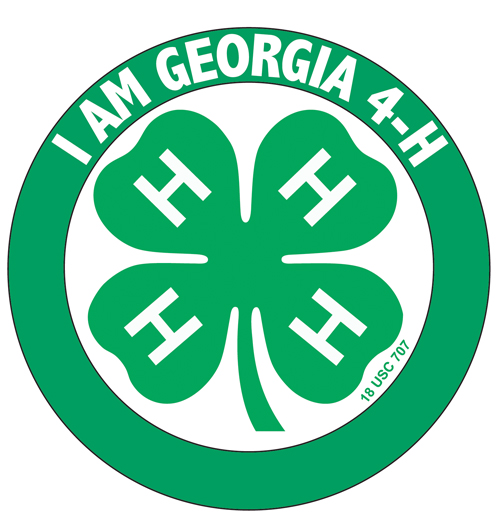

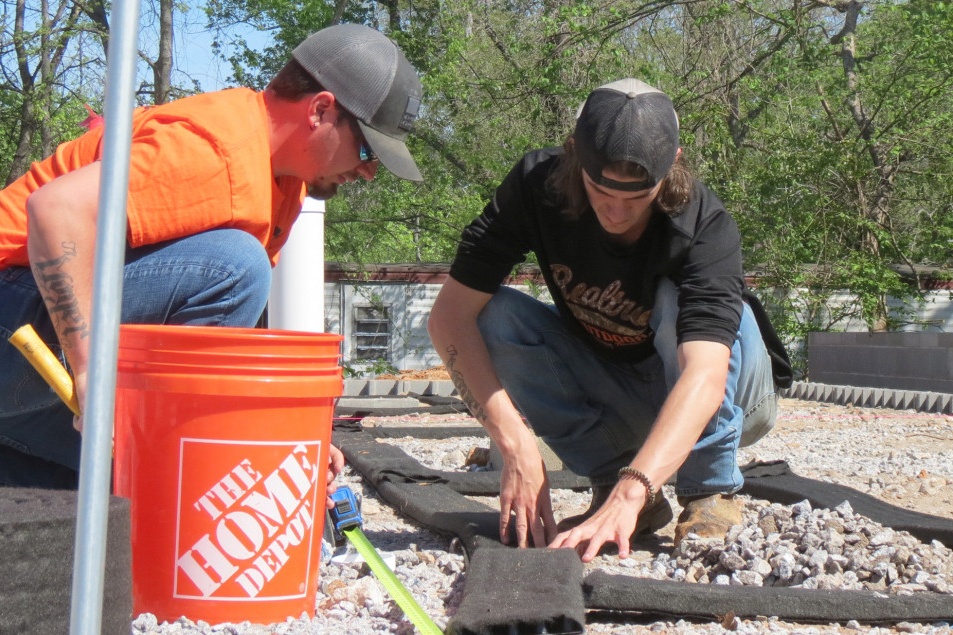
.png)
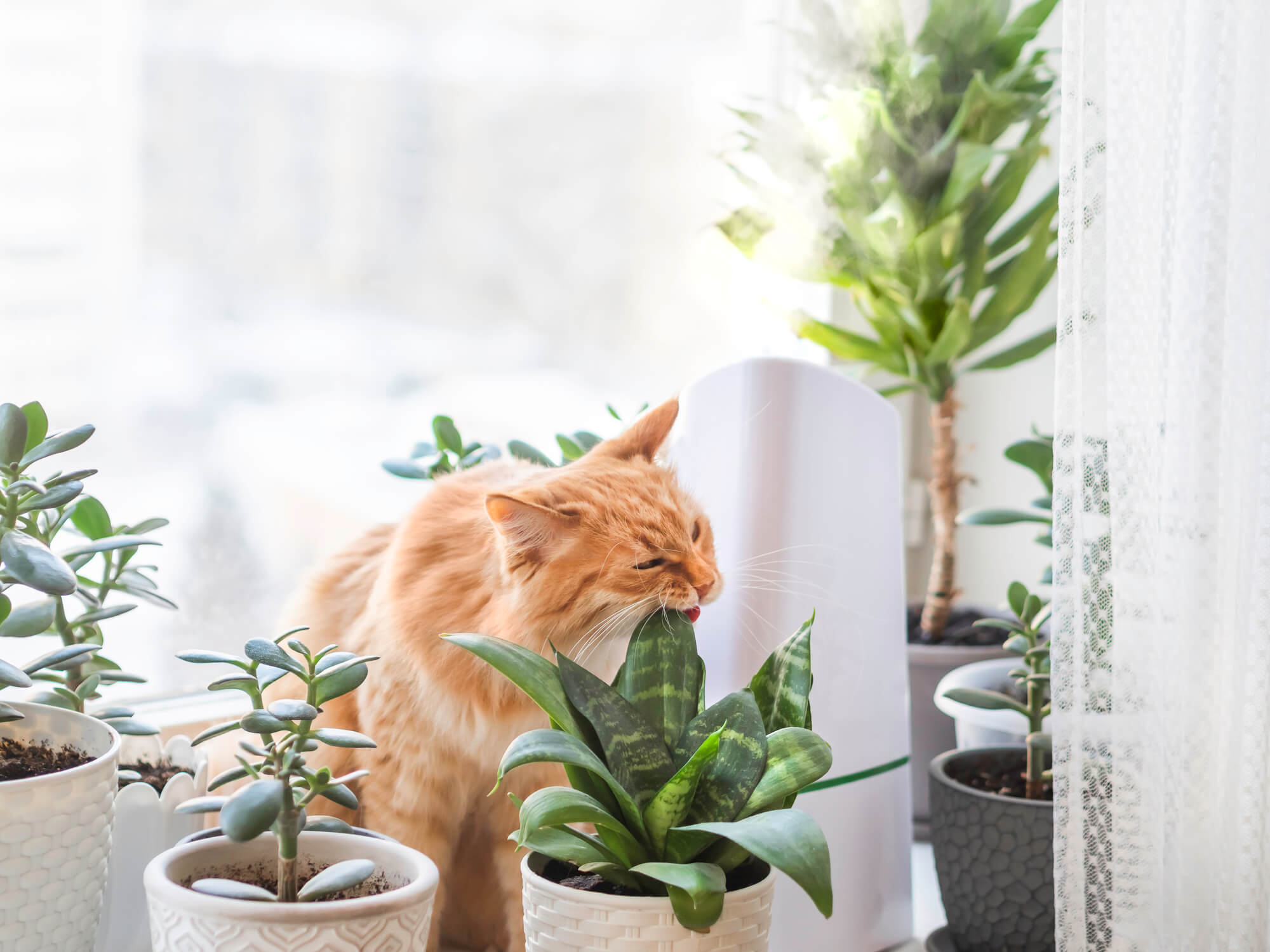
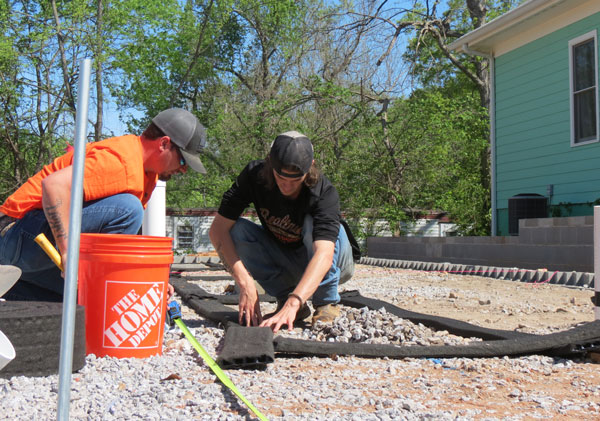
.png)
